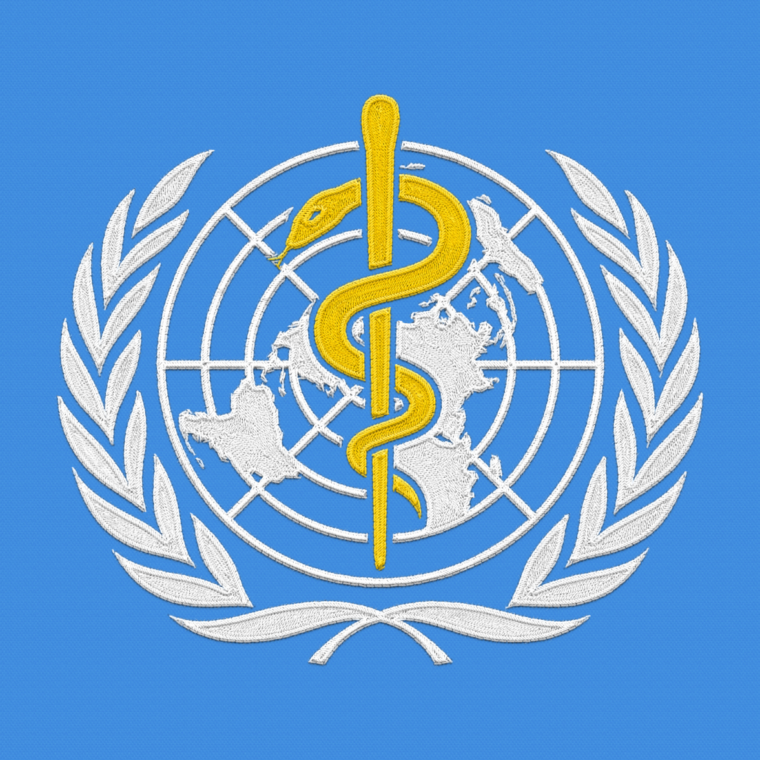3 April 2023
Africa’s disgruntlement with the international court’s hypocrisy should not impede justice for Ukraine’s stolen children.
On March 17, the International Criminal Court (ICC) issued an arrest warrant for Russia’s President Vladimir Putin and its Commissioner for Children’s Rights Maria Lvova-Belova for the war crimes of illegal deportation and transfer of Ukrainian children from occupied areas of Ukraine to the Russian Federation.
The crimes were allegedly committed from at least February 24, 2023 – the day Russia embarked on an all-out invasion of Ukraine.
Russian officials have since dismissed the ICC indictment and closed ranks around their accused leader.
Kremlin spokesman Dmitry Peskov called the charges “outrageous and unacceptable”, as well as “null and void” because Russia – like China and the United States – does not recognise the jurisdiction of the ICC.
Former President Dmitry Medvedev described the intergovernmental body as a “legal non-entity”, as he warned that any attempt to arrest Putin “would be a declaration of war on the Russian Federation”.
But ICC President Piotr Hofmanski said it is “completely irrelevant” that Russia has not ratified the Rome Statute, the treaty that established the ICC.
“The court has jurisdiction over crimes committed in the territory of a state party or a state which has accepted its jurisdiction,” he told Al Jazeera. “Ukraine has accepted the ICC twice – in 2014 and then in 2015.”
So, as things stand, the ICC’s 123 member states are obliged to detain and transfer Putin to the organisation’s headquarters in The Hague, Netherlands should he land in their territory.
As the second sitting head of state to be charged with war crimes, Putin’s prosecution would be a significant achievement for international justice.
The first was former Sudanese President Omar al-Bashir, who in March 2009 and July 2010 was charged with committing genocide, crimes against humanity and war crimes during the 2003-08 Darfur war.
According to the United Nations, the bloody conflict between the Sudanese government and rebel forces killed at least 300,000 people and displaced 2.5 million.
Regardless of the veracity of the charges made against al-Bashir, the landmark indictment amplified widespread disgruntlement in Africa over the ICC’s inordinate focus on investigating and prosecuting African leaders.
In 2010, the African Union (AU) urged its member states to “not cooperate with the ICC in the arrest and surrender of President Bashir”, allowing countries such as Ethiopia, Kenya, Chad, Djibouti, Nigeria and South Africa, among others, to roll out the red carpet for him.
Only a few countries, including Botswana and Malawi, expressed their willingness to arrest al-Bashir. South Africa famously refused to arrest him in 2015, while he was attending an AU summit in Johannesburg, saying he enjoyed diplomatic immunity. Al-Bashir eventually left the country in unclear circumstances after a South African court ordered his arrest. Later, the Southern African nation argued that it believed it had no responsibility under international law or the Rome Statute to arrest a serving head of a non-state party.
Meanwhile, the ruling African National Congress (ANC) rightly bemoaned the fact that because “countries can choose whether to be a signatory or not” of the ICC, it meant that “gross human violations committed by non-signatory countries go unpunished”.
This was a valid and pertinent observation.





